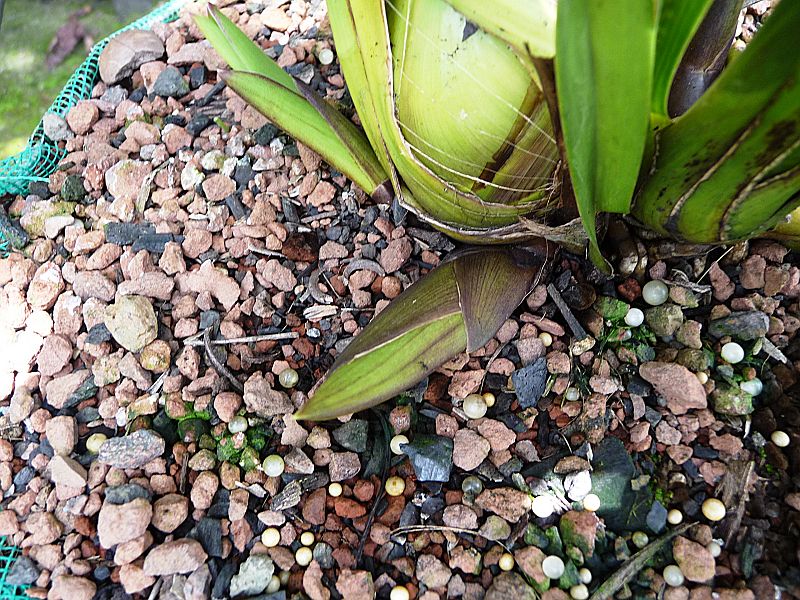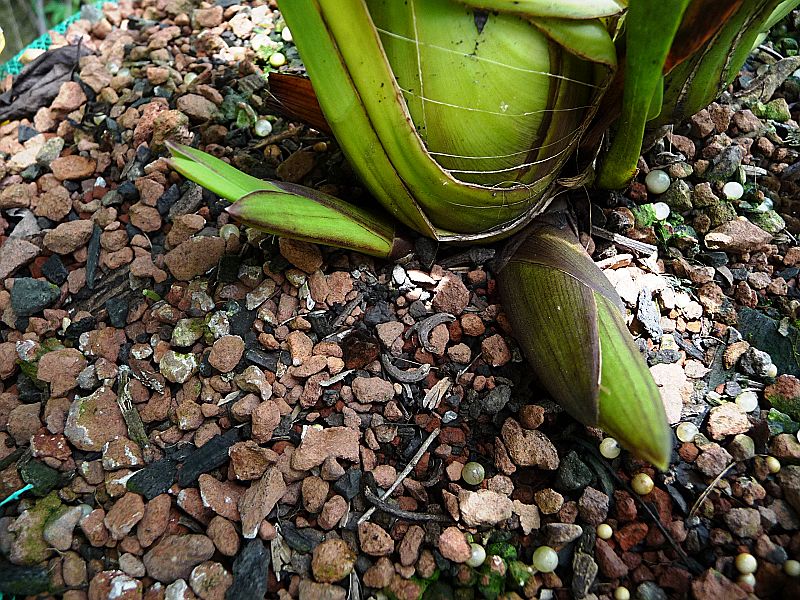
 


and become Forum Supporter. 
Many perks! <...more...>  
 |
«
Previous Thread
|
Next Thread
»
All times are GMT -4. The time now is 06:56 PM.
|
||||||||||||||||||||||||||||||||||||||||||||||||||||||||||||
| © 2007 OrchidBoard.com |
Search Engine Optimisation provided by
DragonByte SEO v2.0.37 (Lite) -
vBulletin Mods & Addons Copyright © 2025 DragonByte Technologies Ltd.
Feedback Buttons provided by Advanced Post Thanks / Like (Lite) - vBulletin Mods & Addons Copyright © 2025 DragonByte Technologies Ltd.
Feedback Buttons provided by Advanced Post Thanks / Like (Lite) - vBulletin Mods & Addons Copyright © 2025 DragonByte Technologies Ltd.

























 Threaded Mode
Threaded Mode
